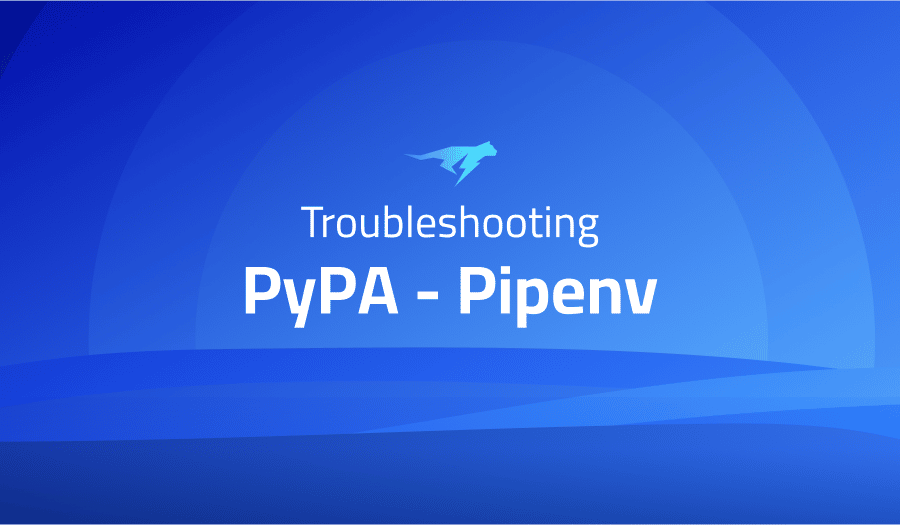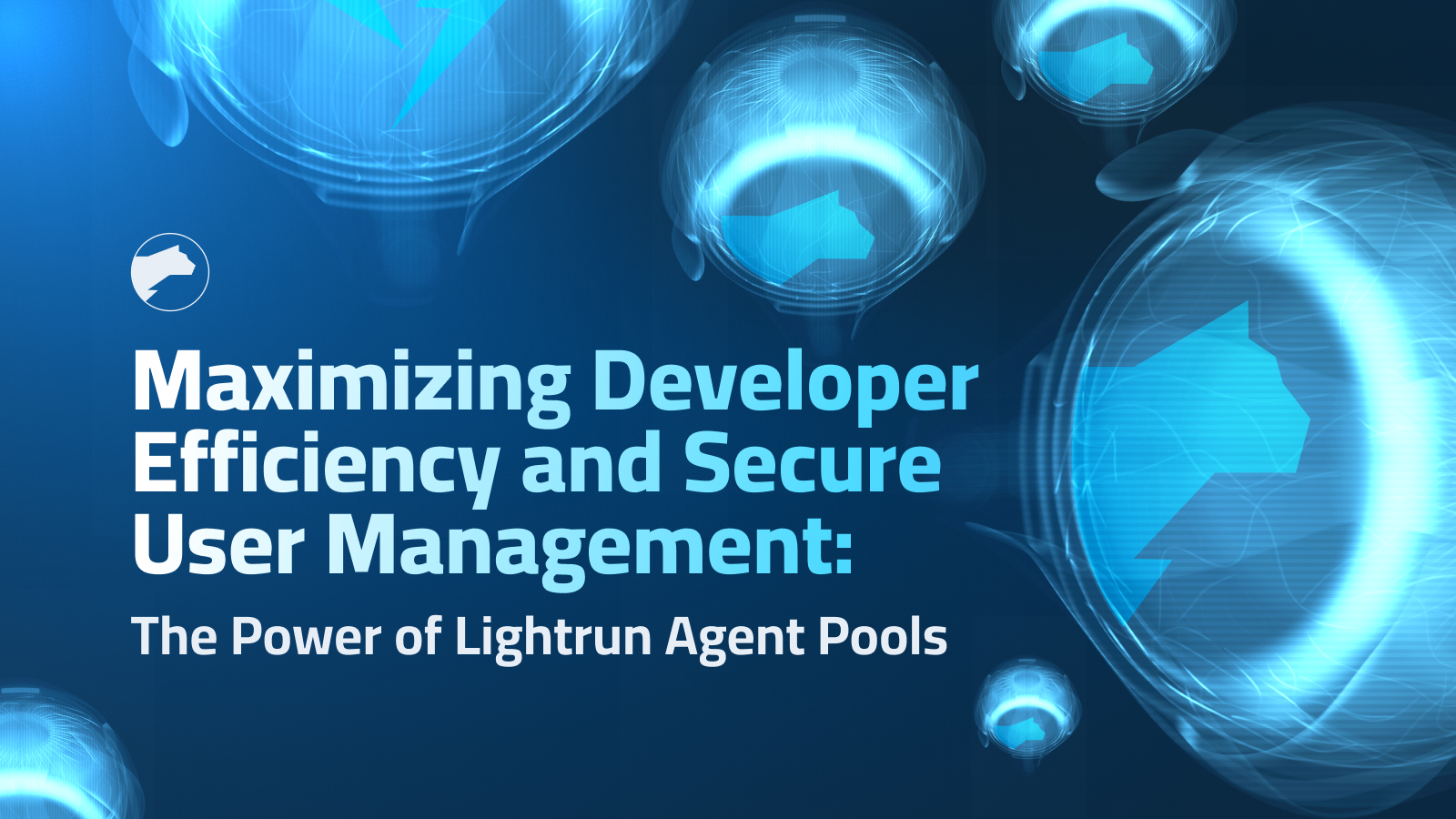

Troubleshooting Common Issues in PyPA Pipenv
Project Description
Pipenv is a tool that aims to bring the best of all packaging worlds to the Python world. It combines the simplicity of pip, which is a command-line tool for installing and managing Python packages, with the flexibility of virtualenv, which is a tool for creating isolated Python environments, and the clarity of the Pipfile and Pipfile.lock, which specify the package dependencies for a project.
Pipenv makes it easy to manage your Python project’s dependencies, whether you’re working on a simple script or a complex application. It helps you to easily install and manage the packages that your project depends on, and it also helps you to keep track of the specific versions of those packages that your project is using. This makes it easier to reproduce your development environment and to share your project with others, as all of the necessary dependencies are clearly specified in the Pipfile and Pipfile.lock.
Overall, Pipenv is a powerful and convenient tool for managing the dependencies of your Python projects, and it is widely used in the Python community.
Troubleshooting PyPA Pipenv with the Lightrun Developer Observability Platform
Lightrun is a Developer Observability Platform, allowing developers to add telemetry to live applications in real-time, on-demand, and right from the IDE.
- Instantly add logs to, set metrics in, and take snapshots of live applications
- Insights delivered straight to your IDE or CLI
- Works where you do: dev, QA, staging, CI/CD, and production
Start for free today
The following issues are the most popular issues regarding this project:
`pipenv install` throws `–system is intended to be used for pre-existing Pipfile installation`
A potentially perplexing issue arose when another folder bearing the same name as that of the deleted one emerged under ”.virtualenvs”.
pipenv --venvUtilizing the command enabled us to swiftly locate and remove the folder, resulting in a successful resolution of the problem.
pipenv does not give feedback on installing initially failed dependencies
Roughly 50% of our packages experience an initial failure upon installation. This has led us to a challenging situation in which we must find alternative solutions that do not employ version control system (VCS) dependencies or the –sequential option, as both are unavailable to us. After expending several minutes with one failed dependency installed every ~10-30 seconds, our process successfully completed and was marked by exit code 0 without any output generated – indicating success.
Upon launching our application, we discovered a wealth of missing dependencies. Upon further investigation in the site_packages folder, it became apparent that nearly half of these components had vanished without a trace.
After running pipenv install, with only a few dependencies remaining to be installed, we encountered errors when attempting to initiate the application. Upon further investigation of their site_packages folder, it was revealed that several additional necessary dependencies were absent.
After running pipenv install three times, our application is now functioning as expected with no errors.
Frustration abounds as PipEnv fails to install packages without providing any feedback or exiting with an error code. This malfunction is of utmost importance and needs to be addressed immediately – though there may very well be an underlying issue within our own processes, we must still have faith in the reliability of our dependency installation protocols; it’s imperative that they properly alert us when something goes wrong.
Pipenv will not create a virtual environment for Python 3.8, but will for 3.7
It’s possible that you are running into an issue where Pipenv is unable to create a virtual environment for Python 3.8, but is able to create one for Python 3.7. This could be due to a variety of reasons, including:
- Pipenv may not be compatible with the version of Python that you are using. It’s possible that Pipenv only supports certain versions of Python, and if you are using a version that is not supported, it may not be able to create a virtual environment.
- There may be a problem with the system on which you are trying to install the virtual environment. For example, if you do not have the necessary permissions or if there are conflicts with other software or libraries on your system, it may prevent Pipenv from creating a virtual environment.
- There may be an issue with your Pipenv installation. If you have installed Pipenv using the wrong method or if there are problems with the installation, it could cause issues with creating a virtual environment.
To troubleshoot this issue, you can try the following:
- Check to see if Pipenv is compatible with the version of Python that you are using. If it is not, try using a different version of Python.
- Check for any conflicts or issues with the system on which you are trying to install the virtual environment. Make sure that you have the necessary permissions and that there are no other software or libraries that may be causing problems.
- Check your Pipenv installation to make sure it is correct. Try uninstalling and reinstalling Pipenv to see if that resolves the issue.
It’s also a good idea to check for any error messages or logs that may provide more information about the issue. This can help you to identify the root cause of the problem and find a solution.
More issues from PyPA repos
It’s Really not that Complicated.
You can actually understand what’s going on inside your live applications.




